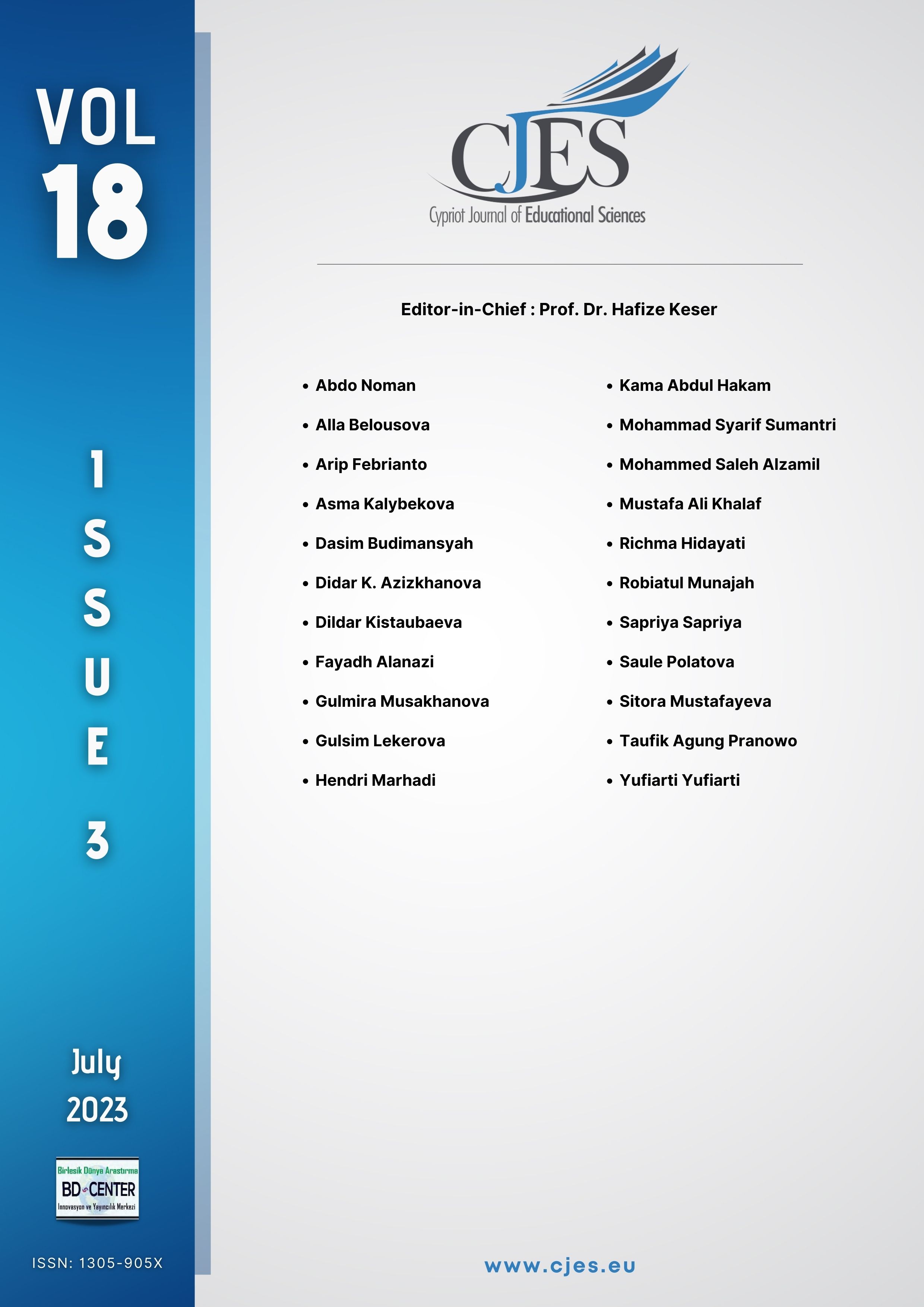Manifestations of students' "clip thinking" in working with a scientific text
Main Article Content
Abstract
The purpose of this article is to research the manifestations of clipped thinking in students when reading scientific texts in the educational process. The study involved 42 students in 2-4 courses studying in the direction of "psychological and pedagogical education" at the Taganrog Institute of A.P. Chekhov. To determine the severity of clipped thinking, we used an experimental survey methodology. Based on the material of students' work with a psychological text, the article examines the peculiarities of students' perception and understanding of certain provisions of the text, depending on the degree of severity of the indicators of clip thinking as a cognitive style, characterized by the efficiency of processing information of a significant volume, areflexia, and insufficient criticality. The study revealed that with insufficient comprehension of the text, some students tend to intuitively use the protective mechanism of avoidance, reducing the assessment of some provisions of the text.
Keywords: clip thinking; cognitive style; non-critical reading; reflexive reading; text comprehension.
Downloads
Article Details

This work is licensed under a Creative Commons Attribution 4.0 International License.
Cypriot Journal of Educational Sciences is an Open Access Journal. The copyright holder is the author/s. Licensee Birlesik Dunya Yenilik Arastirma ve Yayincilik Merkezi, North Nicosia, Cyprus. All articles can be downloaded free of charge. Articles published in the Journal are Open-Access articles distributed under a CC-BY license [Attribution 4.0 International (CC BY 4.0)].
Birlesik Dunya Yenilik Arastirma ve Yayincilik Merkezi (BD-Center)is a gold open-access publisher. At the point of publication, all articles from our portfolio of journals are immediately and permanently accessible online free of charge. BD-Center articles are published under the CC-BY license [Attribution 4.0 International (CC BY 4.0)], which permits unrestricted use, distribution, and reproduction in any medium, provided the original authors and the source are credited.

